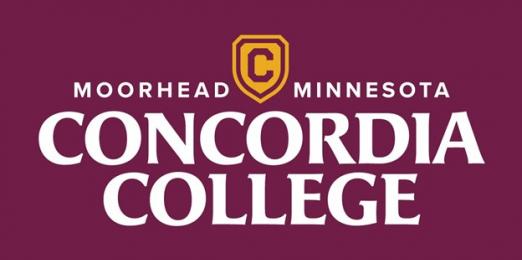Arts Administration is the field that concerns business operations around an arts organization. Arts administrators are responsible for facilitating the day-to-day operations of the organization and fulfilling its mission. Arts organizations include professional for-profit entities (e.g. auction houses, art galleries, music companies, etc.) and many smaller professional and non-professional non-profit arts-related organizations (e.g. theaters, museums, symphonies, jazz organizations, opera houses, and ballet companies).
Arts Administration (aka: Arts Management) is the field that concerns business operations around an arts organization. Arts administrators are responsible for facilitating the day-to-day operations of the organization and fulfilling its mission. Arts organizations include professional for-profit entities (e.g. auction houses, art galleries, music companies, etc.) and many smaller professional and non-professional non-profit arts-related organizations (e.g. theaters, museums, symphonies, jazz organizations, opera houses, and ballet companies). The duties of an arts administrator can include staff management, marketing, budget management, public relations, fundraising, program development and evaluation, and board relations.
Managers and administrative leaders of arts organizations provide a bridge between art, artists, and audiences. They combine the tools of business—management, marketing, financial accounting, operations, negotiation—with the tools of community-building—fundraising, development, education, outreach, volunteerism, partnership—to make thriving and vital spaces for arts and culture.
While businesses in arts, entertainment, and culture come in many forms, ''Arts Administration'' usually refers specifically to organizations formed as nonprofit or public organizations. These organizations make only a portion of their total revenues from earned income (such as ticket sales or gate fees), often relying on contributed income to cover the true costs of their work. As a group, nonprofit arts and culture organizations foster a vast array of cultural experiences in small towns, big cities, and through many media—from symphonies to jazz bands, theaters to sculpture gardens, museums to community arts centers, public radio to on-line ventures.
The Association of Arts Administration Educators is a membership organization of academic programs that train future leaders in arts and cultural management, policy, and research. Spanning several continents and a full spectrum of degrees, AAAE members are dedicated to finding, fostering, and supporting skilled professionals in the arts. This web site provides a window on their work, and a professional development network for our members to advance their craft.
Source:http://www.artsadministration.org/explore












